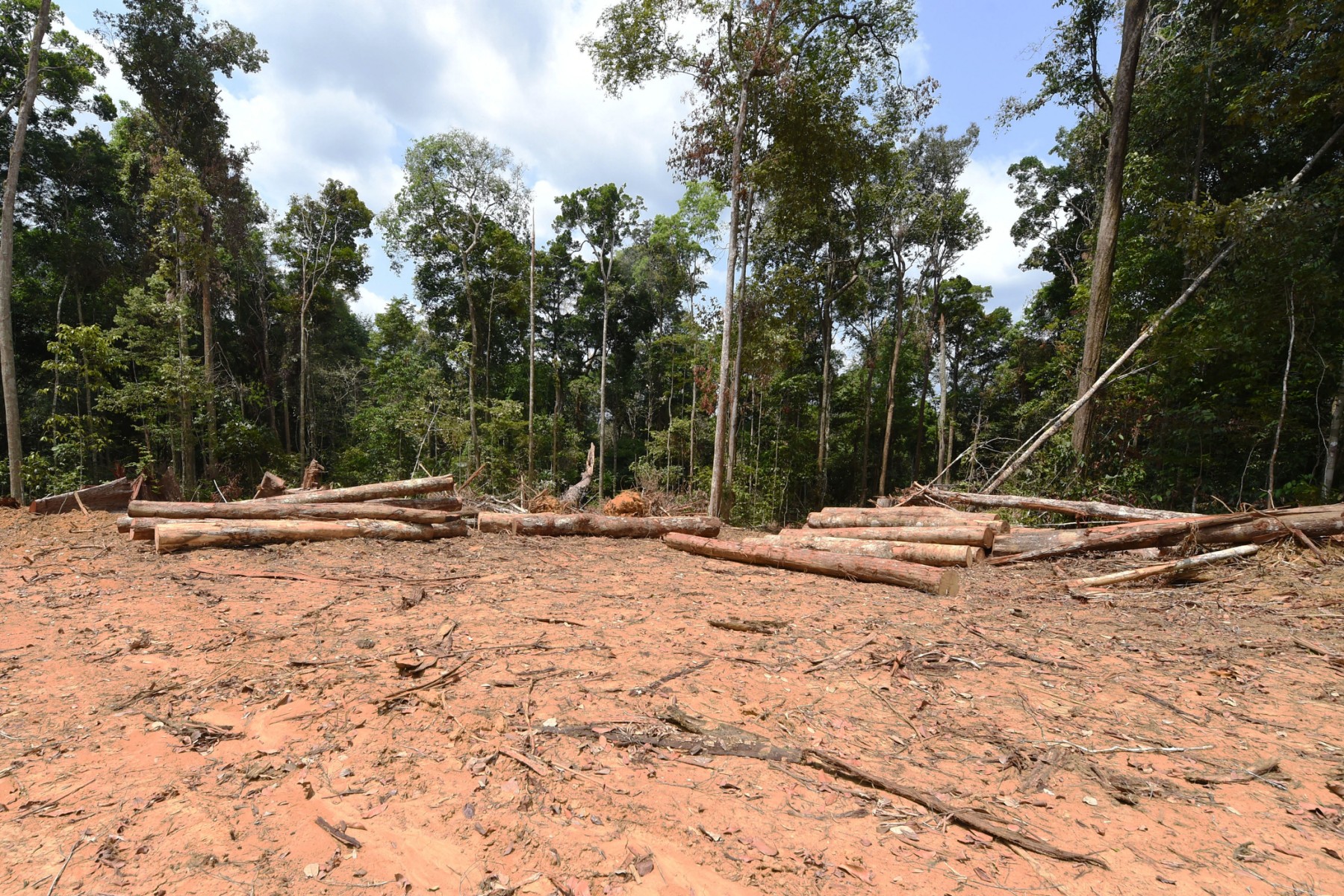Ottawa, Canada– A new global biodiversity fund aimed at ramping up critical nature restoration and renewal — objectives set out at a UN summit last year — was ratified Thursday by the international community.
At a gathering in Vancouver, Canada and Britain announced they would provide a combined $160 million in seed money to get the Global Biodiversity Framework Fund off the ground.
“Everything begins with this effort,” Manuel Rodriguez, head of the Global Environment Facility, said about the fund’s official launch at a news conference, calling it a “hugely positive moment.”
The Global Environment Facility (GEF)’s assembly brought together 1,500 people from around the world, including environmental activists, government officials, leaders of business and academia, and Indigenous peoples.
The fund’s capitalization follows a global “peace pact” signed by more than 190 nations at the Montreal COP 15 summit in December 2022 to protect nature and reverse decades of environmental destruction threatening the world’s species and ecosystems.
That deal pledged to secure 30 percent of the planet as a protected zone by 2030, stump up $30 billion in yearly conservation aid for the developing world, and halt human-caused extinction of threatened species.
Agreed to at the Vancouver talks was a 20 percent allocation of monies towards Indigenous-led initiatives to protect and conserve biodiversity.
The fund will also prioritize the most vulnerable small island states as well as the world’s least developed nations.
The ratification of the fund’s creation was welcomed by most NGOs.
Campaign group Avaaz, however, said it was not enough startup money, and that another $40 million was “still needed to operationalize the fund by the end of 2023.”
The group urged governments that expressed support in Vancouver for the fund’s creation, including Japan and the United States, to “put money on the table.”
Rodriguez told reporters, “At this point, our basic target for the year is $200 million.”
He added that donors were expected to fulfill their commitments before the end of 2025, and that the first disbursements would start be in June 2024.
Canadian Environment Minister Steven Guilbeault said the success of last year’s COP 15 and this week’s meeting in Vancouver “must carry us forward for the long implementation years to come, because this is a generational battle.”
His British counterpart, Trudy Harrison, said in a statement that “working together has never been more important” to halt and reverse biodiversity loss around the world.








